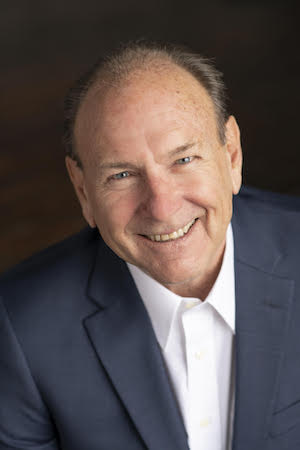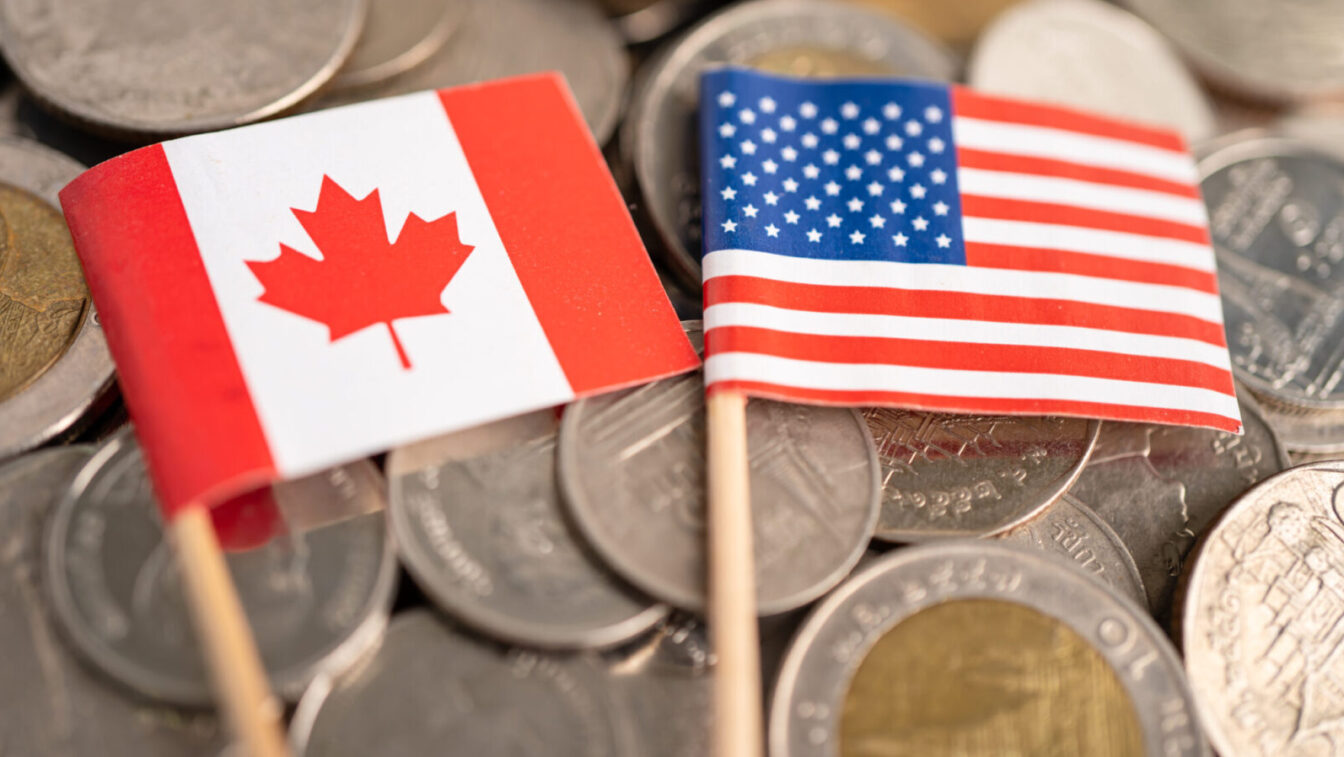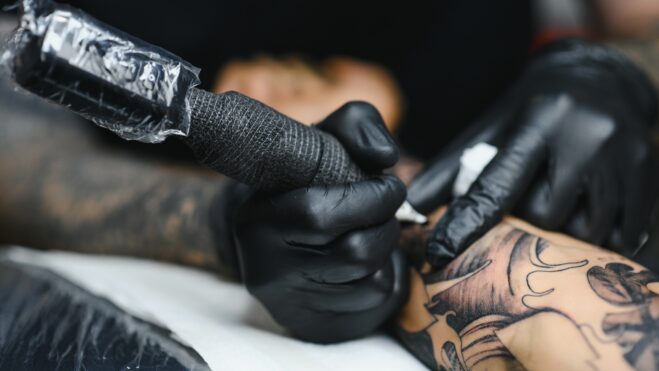Schuetz: Actions Speak Loudest In Responsible Gambling Realm
It is easier to fund a problem gambling entity than it is to truly address problem gambling
6 min

“Watch what they do. Not what they say.”
— Randy Pausch, The Last Lecture
Ironically, I had to leave my country to learn more about it.
I recently traveled to Canada for a G7 event focused on responsible gaming and gambling policy, as well as to attend the G7 Brain Economy Summit. While there, I had something of an epiphany. It wasn’t the result of any one thing or person, but rather the result of a combination of factors.

I have recently written about that trip, and that discussion is here. In that commentary, I made an effort to explain why I believe that if a person or entity is involved in working to mitigate gaming harms, they should be proponents of duty of care laws. One example of these laws, common in the U.S. involving alcohol, holds the supplier of a product responsible for continuing to serve an individual who is clearly at risk of damaging himself or others through the continued consumption of the product.
I had other realizations during the two days in Calgary, which I will discuss here.
Kahlil Philander, an academic whom I have had the honor of knowing for over 20 years, is presently an associate professor at Washington State University. He has a strong record of publishing on topics in and around gaming. During a panel he participated in, he made a rather offhanded comment that an academic’s reputation can be damaged if they accept research funding from the gaming industry.
At first, I thought this was unfortunate, for I had always understood Kahlil to be a person of character, honesty, and integrity, and not the type of person who would involve himself in a transaction that would compromise his integrity.
But then I understood that not everyone has had the opportunity to know Kahlil. In the absence of firsthand knowledge, it is common in this day and age to be suspicious of research funded by an industry.
For good reason.
Skepticism abounds
According to Gallup’s ratings of professions based on honesty and ethics, lobbyists rank at the very bottom. Not only that, but their rankings have been falling. Since, by definition, the industry funds lobbyists, and according to Gallup, the information disseminated by lobbyists is perceived to be at the bottom of the ethics and honesty ladder, it is no secret why the public is not going to be impressed by research performed when the industry is paying the researcher’s rent.
This suggests that the general public is justified in being suspicious of research funded by an industry, and this suspicion is based on a long history of being misled by lobbying entities.
Nathan Smith, of the Kindbridge Research Institute, also explored this notion during the same panel, making a rather casual remark that emphasized the need for research to be directed toward public health rather than public relations. And this is why my trip to Canada convinced me that there needs to be a funding mechanism in place with the government to explore the many social and economic dimensions of gaming.
The funding of problem gambling entities by the industry is comparable to the industry developing political action committees (PACs). With one, they can fund industry-pleasing research; with the other, the industry can buy votes and influence actions by politicians. Both groups can be guided not by moral character but rather by financial gain.
Moving on, in the same sense that I am troubled by people in the problem gambling space for not being aggressive proponents of duty of care laws, I also came to believe that people in the responsible gambling space also need to be against smoking in casinos.
Up in smoke
It is clearly established that there is a high degree of comorbidity between smoking and problem gambling populations. This is why the gaming industry fights so hard to stop efforts that limit smoking in casinos. The reason that the industry does not want to eliminate smokers is that a high percentage of them are problem gamblers, and problem gamblers are good for the industry’s bottom line. I have often argued that allowing smoking in casinos is placing the welcome mat out for the problem gambler in front of the building.
What bothers me about the U.S. problem gambling community developing a silence on smoking is that it is a huge contradiction and a sell-out to the industry.
In Canada, the point was clearly made that problem gambling is a public health concern. If problem gambling is an issue of public health, then indoor smoking is also an issue of public health, and every effort of the problem gambling advocate should be made to eliminate this health hazard, as well. Moreover, the silence on the smoking issue in the U.S. adds the interesting element of being damaging to the health and welfare of the casino’s employees and regulators. This implies that the problem gambling advocate who is mute on casino smoking is selling out a number of different groups to stay in the good graces of the industry. “Never bite the hand that feeds you” seems to be the guiding light.
Again, are we supposed to believe that the problem gambling folks want to cure the brain of the problem gambler, but couldn’t care less about his or her lungs? The point is the industry makes serious money from the problem gambler and wants that smoking welcome mat at the casino every day.
As a student of economics, addressing the externalities of businesses and industries became a hot topic in the 1970s and beyond. This was particularly a topic regarding the dumping of waste materials into waterways and the air. Firms found it less expensive to talk about solving pollution than to spend the money to internalize this externality. The industries found that talk was relatively cheap, but fixing the problem was damn expensive.
So too, I worry that in the gaming industry, it is easier to fund a problem gambling entity than it is to really address the topic of problem gambling, especially given the importance of problem gamblers to the bottom lines of the industrial participants.
Profit-maximizing behavior
I bring all of this up because one thing that became clear to me in Canada was the reality that many in the problem gambling space in the U.S. suffer from what I would refer to as American exceptionalism, and in this case, it is of the negative sort where people without the right to feel superior certainly seem to act like it. In reality, they are sometimes little more than an industry shill, being careful not to tread where the industry does not want them to go. They are better at talking about solving problems than actually solving them.
It wasn’t that long ago that many of the politicians and regulators were aggressively pushing U.S. Attorney General Merrick Garland to address the offshore gaming problem. I worked offshore, and Garland has essentially nothing to say about what happens there. Nothing happens in an offshore market that concerns the U.S. that does not involve the State Department.
If the goal is to eliminate the offshore operator, a person would direct their energies toward the State Department. They can bring about such change through negotiations and deal-making. Garland can not show up in a foreign country and be expected to start arresting people. That wonderful plan did not work because the wrong branch of government was contacted to address it. It was more play-acting than any genuine effort to address policy, for if there were no offshore market problem, the domestic industry would likely create one.
Hell, purchasing controlled substances in the United States from an unapproved supplier is against both state and federal laws. It may be time to understand that sports betting is a controlled activity, and if you purchase it from an unapproved vendor, there should be laws to punish that. And enforce it.
This is another example of an issue that people in the industry probably do not want to solve; instead, they want to discuss it to argue why taxes and regulations should be minimal. The offshore sites are the gift that keeps on giving to the gaming industry.
Firms generally behave in a manner that maximizes profits, so I am not critical of their behavior in achieving this goal. They are operating as rational economic actors. The individuals who challenge my sense of right in the United States are those entities that claim to be serving an adversely impacted group.
In my opinion they are doing a piss-poor job of it, and they are doing a piss-poor job of it for they do not want to bite the hands that feeds them.
What I would like to suggest is that if I have offended any of my fellow citizens with this rant, feel free to begin to actively advocate for duty of care laws and government-earmarked funds for treatment and research, push for healthy breathing environments with smoke-free casinos, and actively engage with the State Department to prevent the tax loss to offshore sites.
That will show me.
—
Richard Schuetz entered the gaming industry working nights as a blackjack and dice dealer while attending college and has since served in many capacities within the industry, including operations, finance, and marketing. He has held senior executive positions up to and including CEO in jurisdictions across the United States, including the gaming markets of Las Vegas, Atlantic City, Reno/Tahoe, Laughlin, Minnesota, Mississippi, and Louisiana. In addition, he has consulted and taught around the globe and served as a member of the California Gambling Control Commission and executive director of the Bermuda Casino Gaming Commission. He also publishes extensively on gaming, gaming regulation, diversity, and gaming history. Schuetz is the CEO of American Bettors’ Voice, a non-profit organization dedicated to giving sports bettors a seat at the table.






